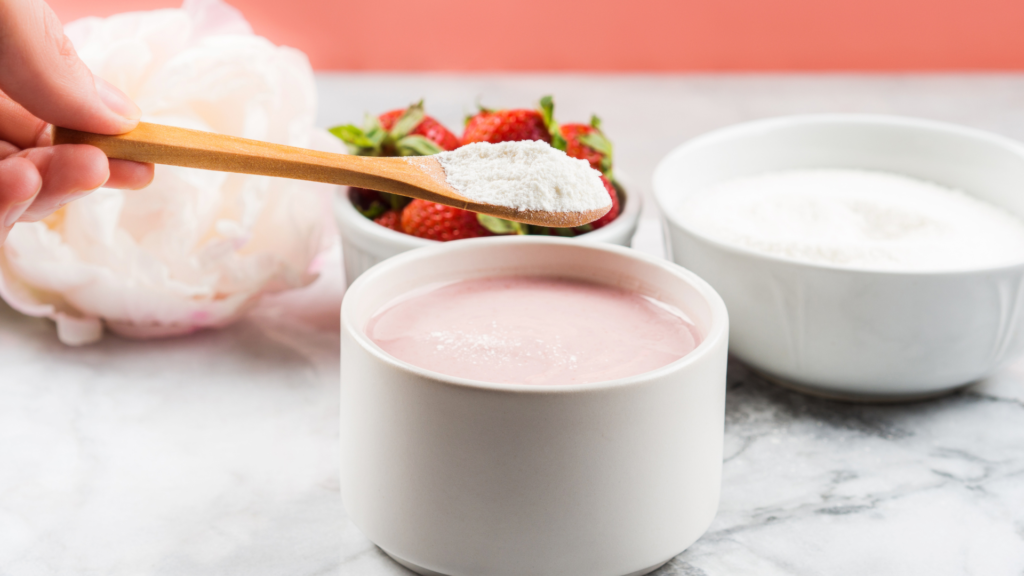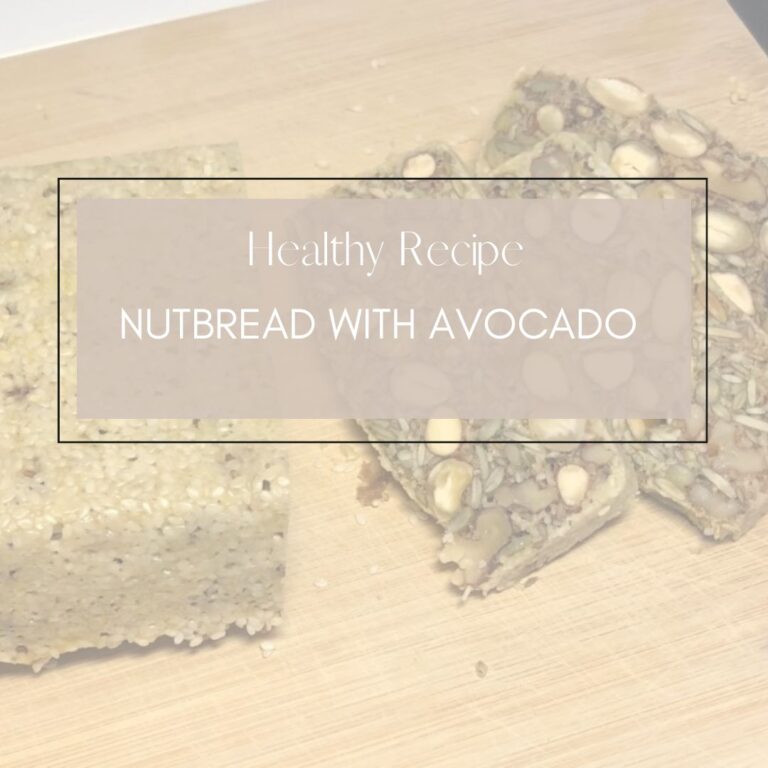Do collagen supplements work?
Studies show that collagen supplements actually may reduce wrinkles, improve skin moisture and skin elasticity.
Collagen is the most abundant protein in the body and is found in the skeleton, skin, ligaments, cartilage and connective tissue. Like other proteins, collagen is made up of long chains of amino acids.
When we eat protein, they are broken down in the body into amino acids that are absorbed in the intestine. The amino acids act as Lego pieces. Imagine that you have a large Lego castle that you collapse. Then you build a boat from those Lego pieces! The body is thus not guaranteed to build the same protein that you got from the diet.
For this reason, the use of collagen supplements for skin health has been questioned, as it is not believed to form collagen in the skin itself. The amino acids may be used to build a completely different protein, or perhaps collagen, but which is used for the skeleton or cartilage. The body thus builds the proteins it needs at the moment. However, you increase the chance that the body has the opportunity to build collagen in the skin if you add the right amino acids.
Can collagen supplements reduce wrinkles?
In a clinical study, a group of participants received 10 grams of hydrolyzed collagen, extracted from fish, for 12 weeks. Those who received collagen supplements had reduced incidence of wrinkles and increased elasticity and moisture of the skin.
Another example is a review, so-called meta-analysis, of 19 clinical studies that examined the effect of collagen supplements on skin health. That review showed that collagen supplementation reduces wrinkles, improves elasticity and moisture in the skin and, according to the authors’ conclusion, can thus reduce the skin’s signs of aging.

The fact that the collagen is hydrolysed means that it is treated in a way that makes it easier to absorb. If you choose to take collagen supplements, it is important to choose a variety that is hydrolysed for better absorption. Feel free to choose a variety that is enriched with micronutrients needed for the formation of collagen, e.g. Vitamin C.
Collagen is found naturally in gelatin, liver, fish with skin and bone broth, among other things, read more on collagen from food here. If you want some general tips on how to take collagen supplements and what to look for in a supplement, read more here.
Nutrition Matters Skin –
Your complete guide to beautiful skin from within!
Source: International Journal of Dermatology, March 2021 and Journal of Cosmetic Dermatology, March 2021.











